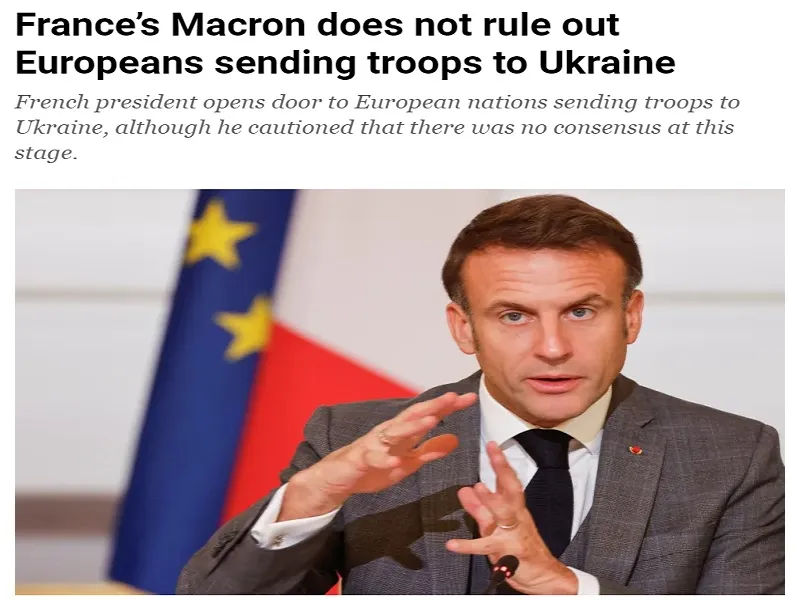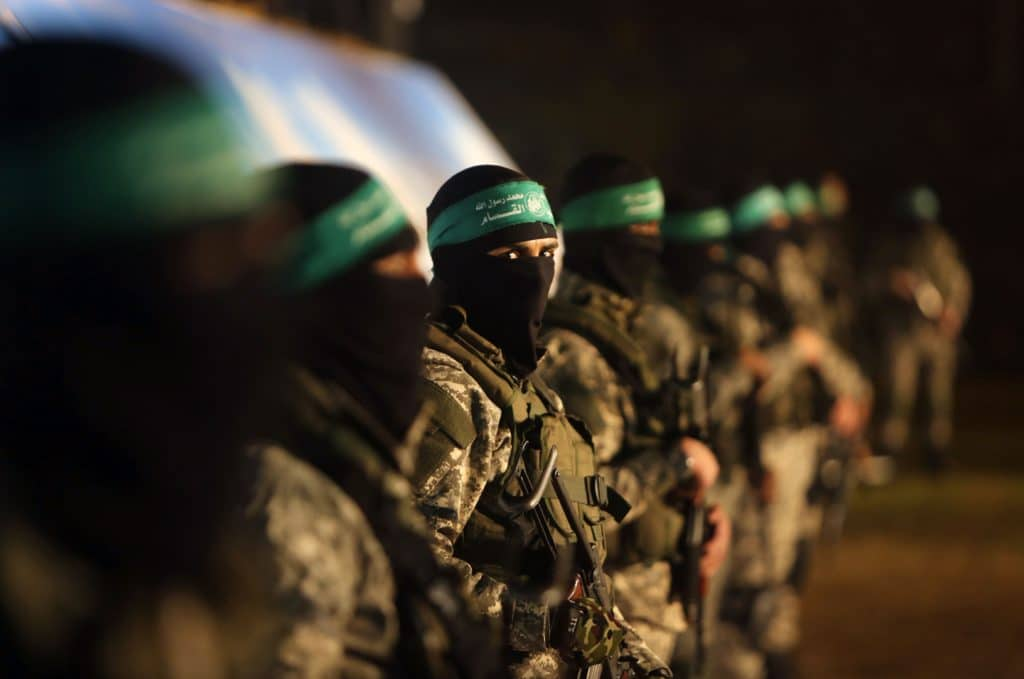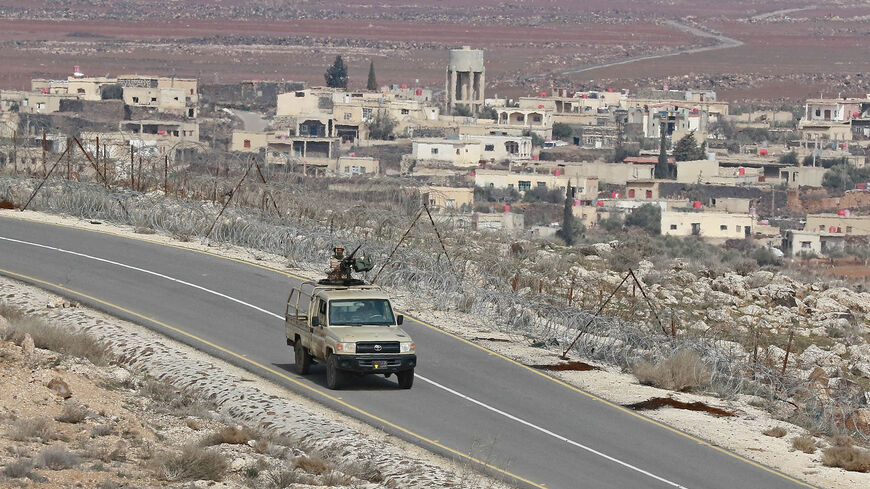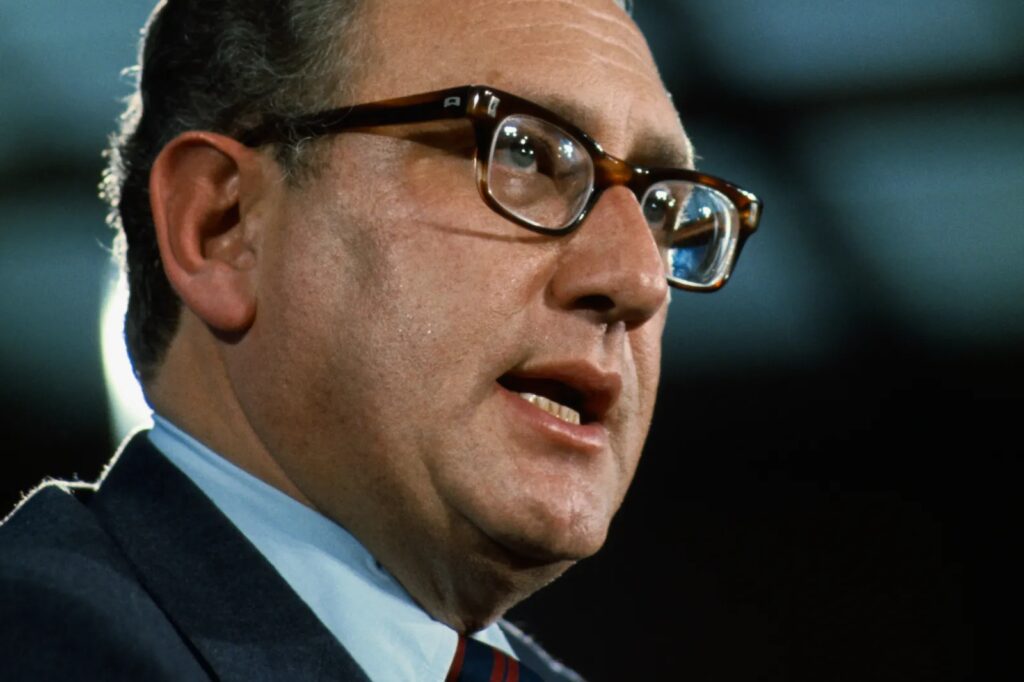NATO’s Debate Over Whether To Conventionally Intervene In Ukraine Shows Its Desperation

NATO is planning for a possible Russian breakthrough across the Line of Contact later this year but isn’t yet sure how to react if that happens.
French President Macron hosted over 20 fellow European leaders in Paris on Monday to discuss their next moves in Ukraine, including the possibility of a conventional NATO intervention, which he said they hadn’t ruled out for reasons of “strategic ambiguity” despite not reaching a consensus on this. His Polish counterpart Duda also confirmed that this subject was the most heated part of their discussions. The very fact that this scenario is being officially considered shows how desperate NATO has become.




